Homeland Security Secretary Kristi Noem ordered the department to terminate Harvard University’s Student and Exchange Visitor Program certification. “This administration is holding Harvard accountable for fostering violence, antisemitism, and coordinating with the Chinese Communist Party on its campus,” said Secretary Noem. The DHS sent a mass email alleging that "Harvard University Loses Student and Exchange Visitor Program Certification for Pro-Terrorist Conduct".
Harvard enrolled nearly 6,800 international students in the 2024-2025 school year, amounting to 27% of its total enrollment, according to university statistics.
In 2022, Chinese nationals made up the biggest population of foreign students with 1,016, university figures show. After that were students from Canada, India, South Korea, the UK, Germany, Australia, Singapore and Japan.
Harvard's response:
“The government’s action is unlawful," the university said in a statement. "This retaliatory action threatens serious harm to the Harvard community and our country, and undermines Harvard’s academic and research mission.”
Read more here and here.
To be continued.
If you are a foreign student enrolled in Harvard, you may need to transfer to another university in order to remain in lawful nonimmigrant F-1 student status. Contact your DSO for guidance and updates.
May 23, 2025 UPDATE:
Today, a U.S. federal judge temporarily blocked the current administration from revoking Harvard University's ability to enroll foreign students.
The court order provides temporary relief to the thousands of international students who were faced with being forced to transfer under a policy that the Cambridge, Massachusetts-based university called a "blatant violation" of the U.S. Constitution and other federal laws, and said would have an "immediate and devastating effect" on the university and more than 7,000 visa holders.
"Without its international students, Harvard is not Harvard," the 389-year-old school said in its lawsuit filed earlier on Friday in Boston federal court. Harvard enrolled nearly 6,800 international students in its current school year, equal to 27% of total enrollment.
To be continued.

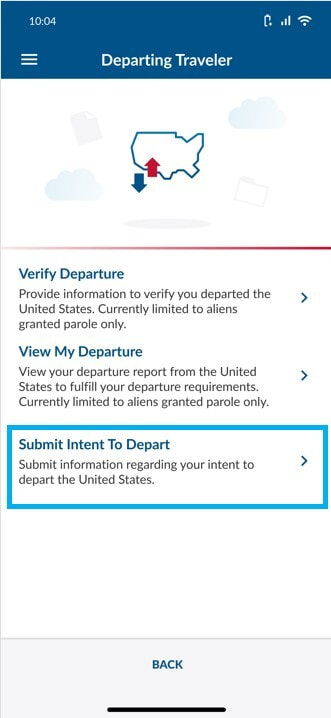
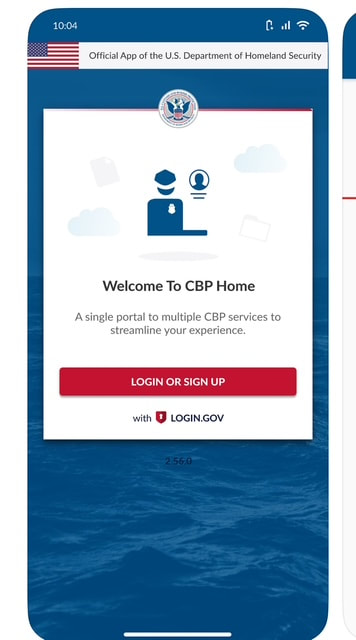
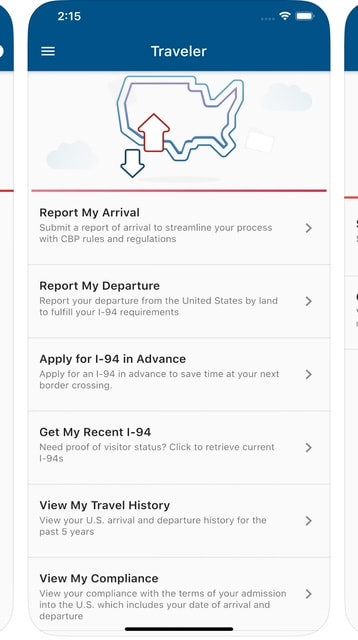

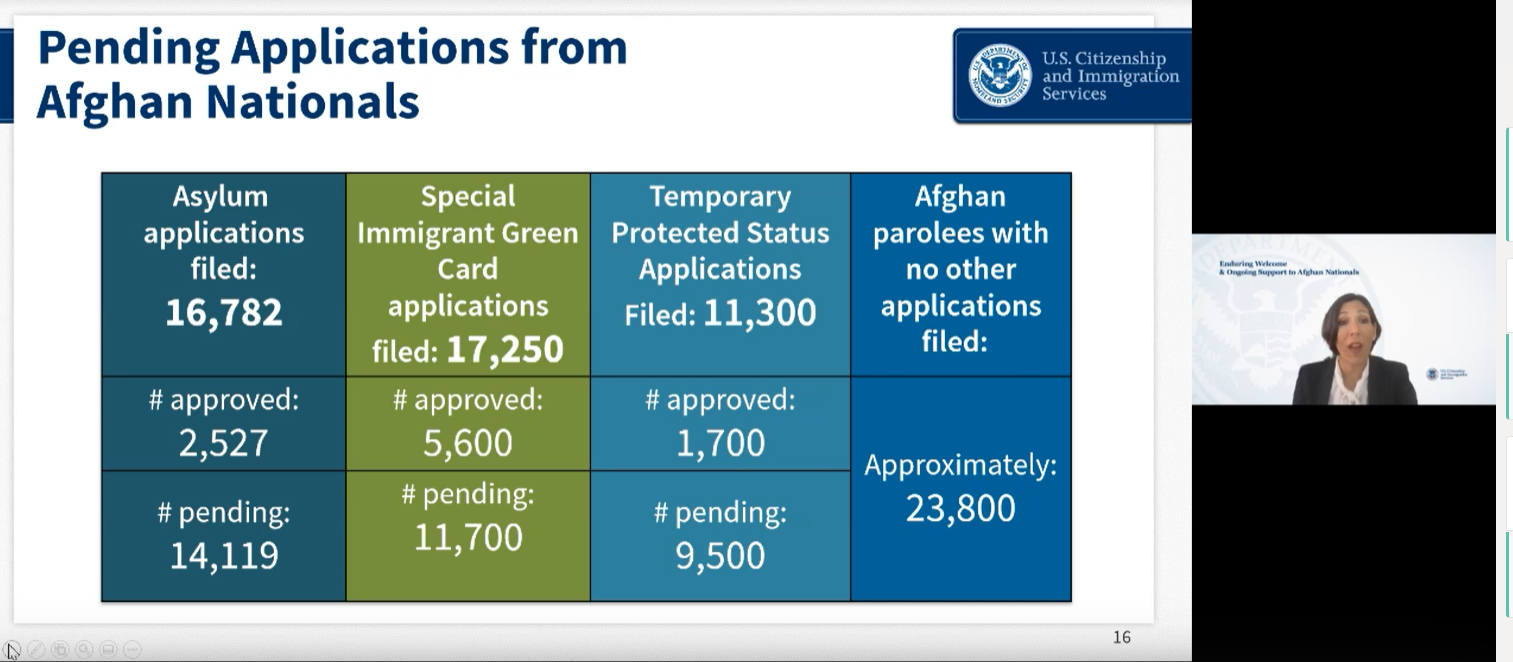

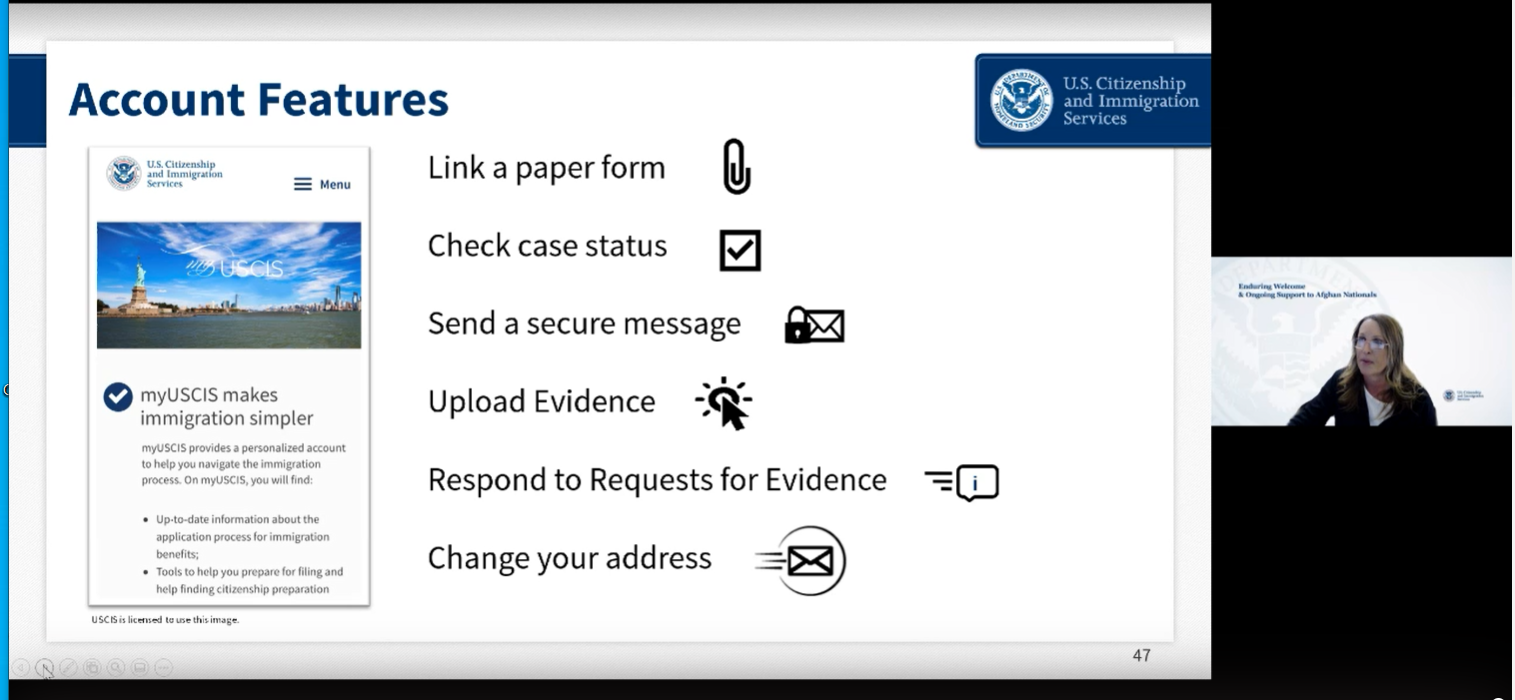

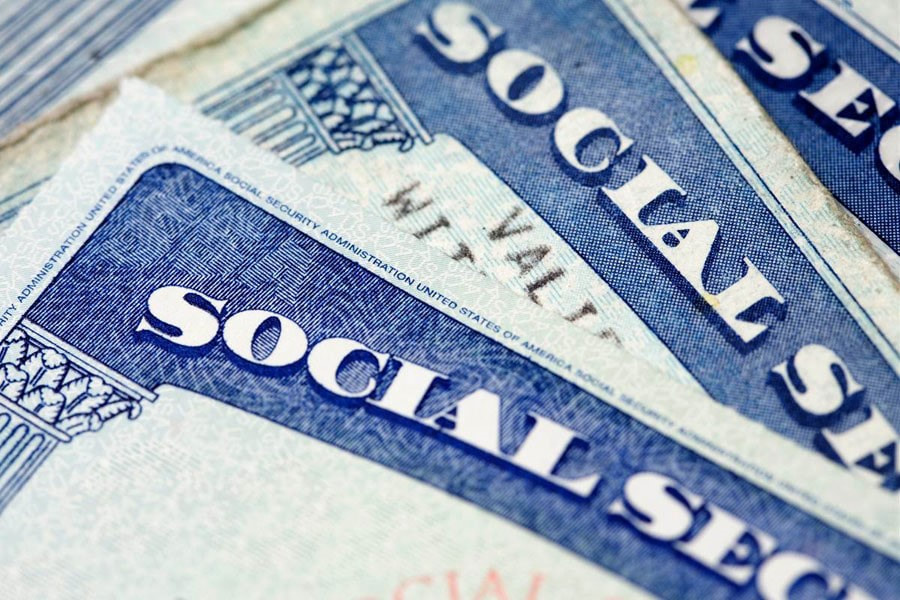





 RSS Feed
RSS Feed